Article 12 of Indian Constitution
“Definition: In this Part, unless the context otherwise requires, “the State” includes the Government and Parliament of India and the Government and the Legislature of each of the States and all local or other authorities within the territory of India or under the control of the Government of India.”
- Government and Parliament of India
- Government and the Legislature of each of the States
- Local Authorities
- Other Authorities
Editorial Comment – This article provides the definition of the “state” in India and the various organs which come under it. This definition of the State under Article 12 is applicable only for Part 3 (Fundamental Rights) and Part 4 (Directive Principles of State Policy) of the Constitution of India.
Issue: University of Madras, a state-funded university, fell within the definition of “State” under Article 12 of the Constitution.
Court: Use Ejusdem Generis Principle & held other authorities must governmental and sovereign in nature so Universities cannot be held as State.
Case Law 2 on Article 12
Issue: The International Airport Authority of India a state?
Court: because
- it performed functions that were considered to be of a public nature or for the benefit of the general public.
- the AAI, which was a statutory body established by an Act of Parliament.
- performed functions that were akin to those of the government, such as managing and operating airports, providing air traffic control services, and ensuring the safety and security of air travelers.
Five points were mentioned by Justice P.N. Bhagwati:
- whether the body is created by a statute, i.e., whether it is a statutory body.
- whether the body is financially autonomous or receives funding from the government.
- whether the body is vested with powers or duties that are normally associated with governmental functions.
- whether the body is subject to a significant degree of control by the government or the government exercises regulatory control over its functions.
- whether the body has a monopoly in a particular field or whether it performs a public function.
Zee Telefilms Limited & Anr. vs. Union of India & Ors. 2005–
- it was not created by a statute ;
- that no part of its share capital is held by the Government ;
- that practically no financial assistance is given by the Government to meet is expenditure
- and that there is no existence of a deep and pervasive State control of BCCI.
- Main Point? BCCI performing public function.
- Though the remedy under Article 32 is not available, an aggrieved party can always seek a remedy under the ordinary course of law or by way of a writ petition under Article 226 of the Constitution, which is much wider than Article 32.
- private body exercises its public functions even if it is not a State, Remedy -Article 226.
- If declared State, it will have far-reaching consequences.
- 64 other National Sports Federations in the field of art, culture, beauty pageants, cultural activities, music and dance, science and technology
- here is absolutely no reason why other similarly placed bodies should not be treated as a State.
- Many of the sportspersons and others who represent their respective bodies make a livelihood out of it (for e.g. football, tennis, golf, beauty pageants, etc.)
Therefore, the Board in this case cannot be singly identified as an “other authority” for the purpose of Article 12.
- Supreme Court of India in which the Court laid down a test to determine whether an individual, corporation, or society was an instrumentality or agency of the government.
- If a body is ‘State’ for the purposes of Article 12, a writ can lie against them for violating the Constitution.
- The judgment of the Court, delivered by Justice P. N. Bhagwati, was largely a summarization of Bhagwati’s view in R. D. Shetty v International Airport Authority of India.
- Six Factor Test:
- Whether the share-capital of the corporation is held by the Government
- Whether the financial assistance of the State meets almost the entire expenditure of the corporation
- Whether the corporation enjoys a state-conferred or state-protected monopoly status
- Whether there is deep and pervasive state control
- Whether the functions of the corporation are of public importance and closely related to Governmental functions
- Whether a department of Government has been transferred to a corporation
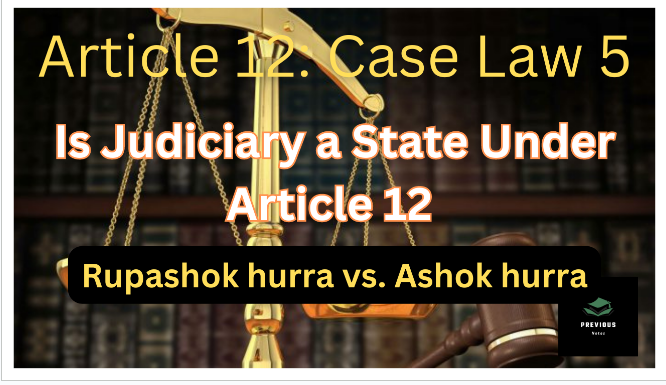
Rupashok hurra vs. Ashok hurra,2002
- Rati lal vs. State of Bombay,1954 – Can’t consider Judiciary as State.
- Naresh vs. state of Maharashtra (AIR 1980 SC 1168) (The court held that fundamental right is not infringed by the order of the court and no writ can be issues to high court. )
- A.R Atulay vs. RS nayak (1988 AIR 1531 1988 SCR Supl.) and it has been observed that when the rule making power of judiciary is concerned it is state but when exercise of judicial power is conserned is not a state!
no judicial proceeding could be said to violate any fundamental right. It was said to be a settled position of law that superior courts of justice do not fall within the ambit of ‘State’ or other authorities under Article 12. Therefore, it can rightly be said that while courts perform their administrative function, they are within the State’s definition and cannot violate any fundamental rights of the citizen. Still, when they give judicial decisions, they do not come within the meaning of State.
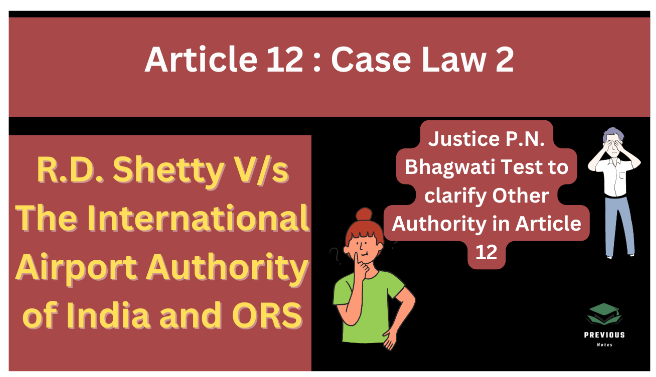
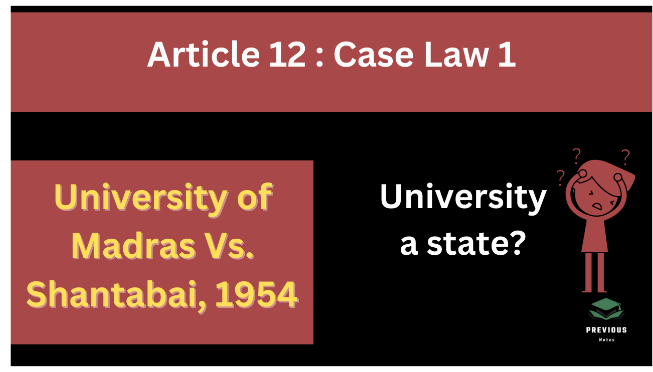
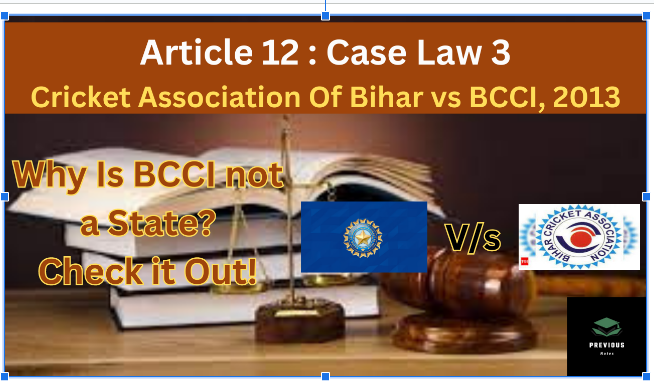
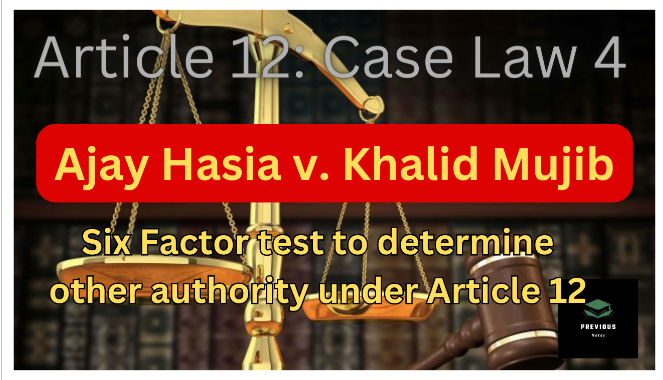












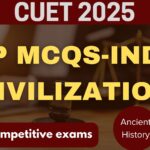
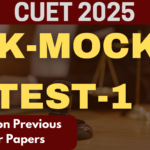



Leave a Reply